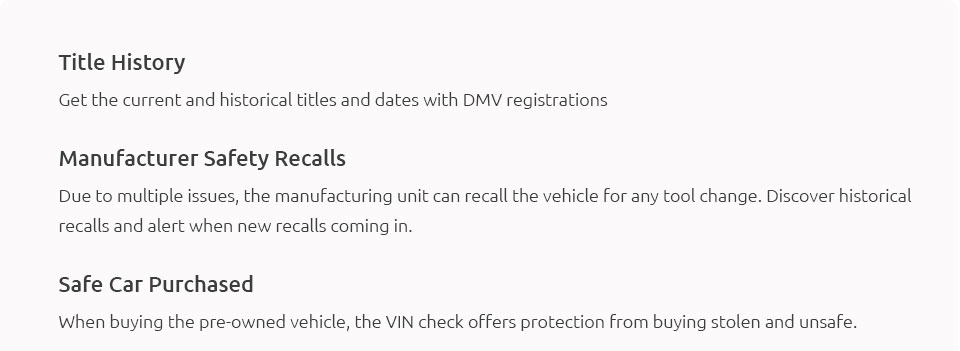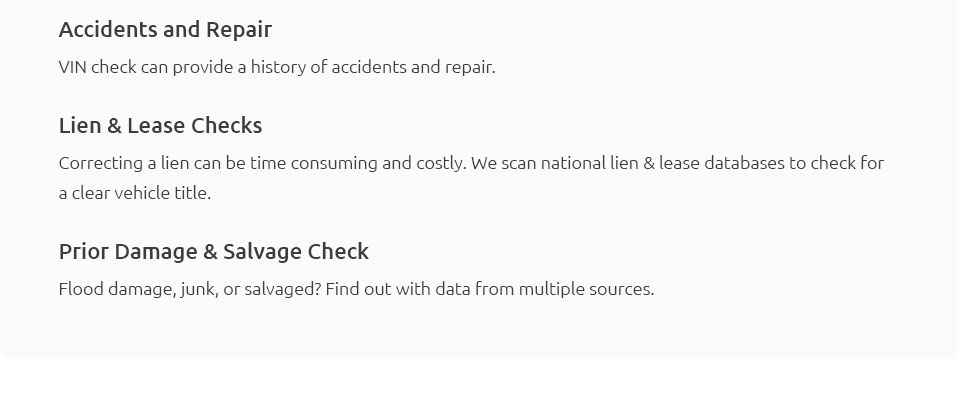 |
 |
 |
 |
 |
||
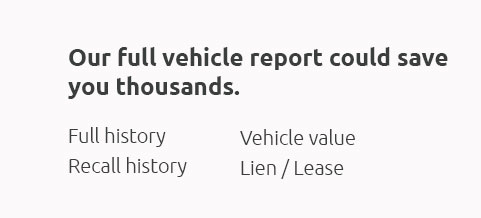 |
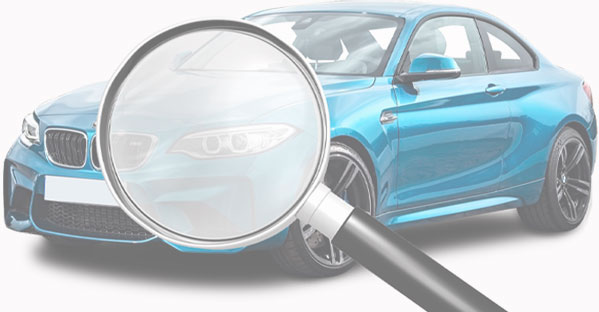 |
|
 |
 |
|
 |
 |
 |
 |
||
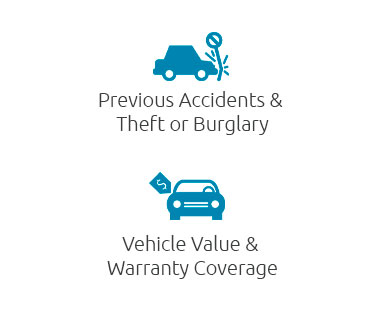 |
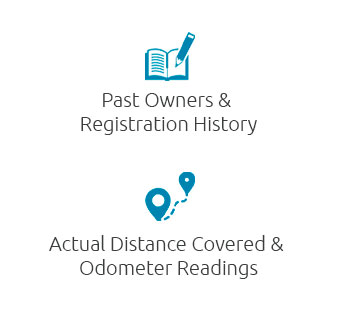 |
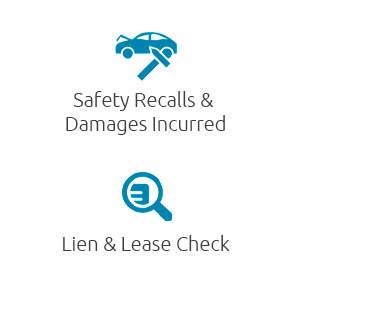 |
 |
 |
 |
||||
|
||||
 |
 |
How Do I Check If a Vehicle Is Stolen?Ensuring the legitimacy of a vehicle before purchase or use is crucial in today's world. It's not uncommon for unsuspecting buyers to fall victim to scams, only to realize later that the vehicle they purchased is stolen. To prevent such unfortunate scenarios, a few key strategies can be employed to verify the status of a vehicle. This guide will walk you through the process of checking if a vehicle is stolen, offering practical advice and highlighting essential considerations. Firstly, understanding the importance of the Vehicle Identification Number (VIN) is crucial. The VIN is a unique code assigned to every motor vehicle when it's manufactured. It's essentially the car's fingerprint and provides a plethora of information about the vehicle, including its manufacturer, model, and year of production. By performing a toyota tundra vin number lookup, for instance, you can uncover details specific to a Toyota Tundra. This step is imperative, as a VIN check can reveal if the vehicle has been reported stolen. Another effective method is using online databases and services dedicated to vehicle history reports. Many websites offer free and paid services to check the status of a vehicle. Entering the VIN into these databases can provide insights into the vehicle's history, such as past ownership, accident records, and theft reports. However, it's essential to choose reputable services to ensure the accuracy and reliability of the information obtained. Furthermore, checking the license plate, also known as the tag number, can be highly beneficial. A tag number lookup fl is one way to verify if a vehicle registered in Florida is stolen. This method can complement a VIN check, providing an additional layer of verification. It's worth noting that while some online services offer free checks, others may require a fee, but the peace of mind it provides is often worth the cost. Contacting local law enforcement is another practical approach. Police departments have access to national databases and can quickly verify if a vehicle is stolen. It's advisable to have the VIN and license plate number on hand when reaching out. This direct method is often reliable and can offer immediate results. Additionally, inspecting the vehicle for signs of tampering can be insightful. Check if the VIN on the vehicle matches the one on the documentation. Any signs of alteration, such as scratches or replacements, could be a red flag. Also, be cautious of sellers who are unwilling to provide a clear history of the vehicle or those who offer prices significantly lower than market value, as these could be indicators of a stolen vehicle. While checking if a vehicle is stolen might seem daunting at first, breaking down the process into these manageable steps can make it straightforward. By leveraging technology and utilizing available resources, you can safeguard yourself from potential pitfalls. It's not just about protecting your investment; it's about ensuring peace of mind and contributing to a safer community. Remember, diligence and thoroughness are your best allies in this endeavor. https://www.lluislaw.com/how-to-check-if-a-car-is-stolen/
Inspect the vehicle together with your trusted mechanic. - Verify the vehicle identification number (VIN) yourself, through the National ... https://www.quora.com/What-is-the-process-that-the-California-Highway-Patrol-uses-to-verify-if-a-vehicle-is-stolen
When a vehicle is stolen & a report is filed, the (vehicle) information is entered into the state wide Stolen Vehicle System. https://www.quora.com/How-do-I-tell-if-a-vehicle-is-stolen
Check With the National Insurance Crime Bureau Once you have the car's VIN, you can quickly check whether the vehicle is stolen using the ...
|

